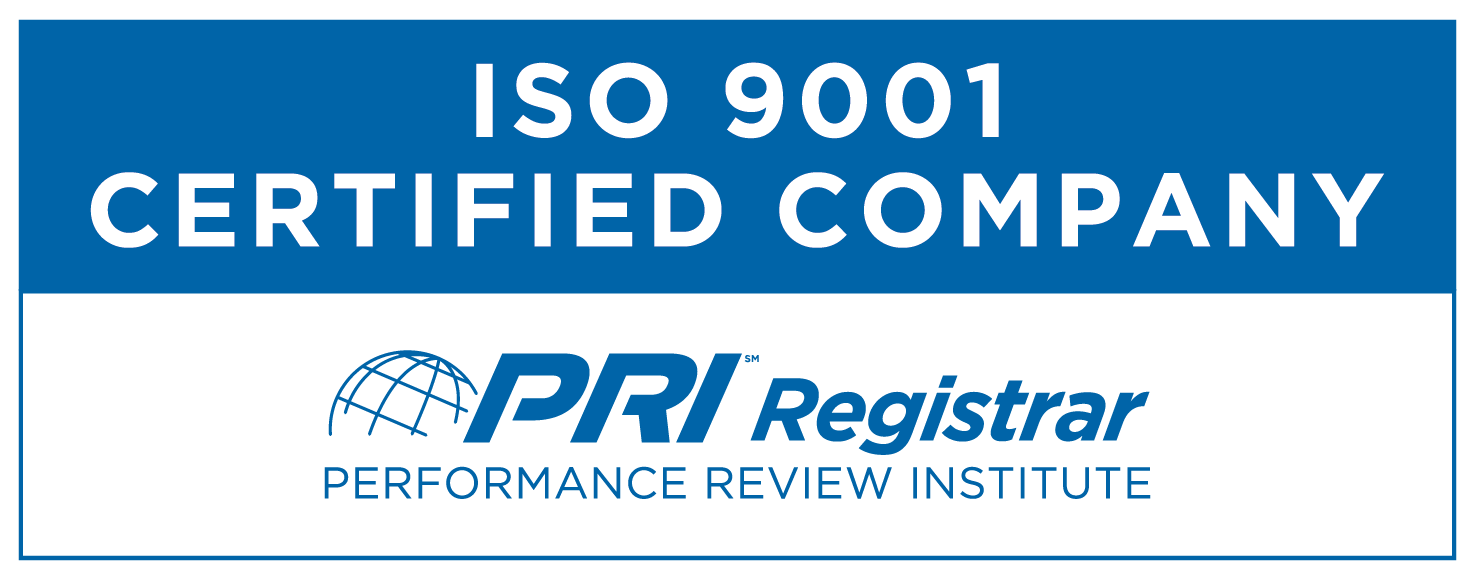by Sharon Green-Golden, BA, CRCST, CER, SME, FCS
I got into the Sterile Processing field thanks to a combination of nosiness and leadership tendencies!
Nearly 30 years ago, as a hospital Materials Coordinator, I started asking questions of the people working in the sterile processing department (SPD) – mostly variations on the theme: “How do you know that’s clean?”. At the time SPD activity was as much a hands-on learning process as it was a book-driven discipline.
Soon I was cleaning and reprocessing devices and putting trays together. I loved it! I worked my way up to be the SPD Team Leader and I even had the opportunity to help design new state-of-the-art SPD space in the facility we built.
My epiphany
I was always a little uneasy about the “this is the way we’ve always done it” approach to reusable device sterilization. This safety mindset really intensified when I was diagnosed with cancer and underwent surgery at the facility where I worked. Before I let them put me under, I asked the OR team, “Who put this tray together.” They assured me all was fine, but until I knew who the person was who prepared those instruments, I wasn’t entirely comfortable putting myself in the hands of that team.
When I returned to work, I was a patient advocate through and through. I was laser focused on every instrument, every process and every person on my team. No more estimating soaking or scrubbing times. No more workarounds for equipment that was on the fritz. And not even a remote chance of bioburdens remaining on any items that left our SPD. We would follow the preparation parameters set by the experts rather than our traditional techniques.
In my mind, it all came down to training and technique.
Training
During the period I was President of the International Association of Healthcare Central Service Materiel Management (IAHCSMM) earlier this decade, we developed some additional certifications beyond IAHCSMM’s Certified Registered Central Sterile Technician (CRCSP) curriculum. After all, if we want more respect as healthcare professionals – we need to earn it. If patient safety truly is our priority, there can be no training shortcuts.
Speaking for myself, I am in favor of certification and I look forward to the day all fifty states require this for patient safety. After all, my hairdresser is licensed. And if she messes up, my hair will always grow back!
Technique
I also strongly believe that sterile processing standards should be consistently rigorous around the world. That means everyone needs to be looking at the same, best information – namely the manufacturers’ IFUs.
Over my career, in my and other the SPDs I’ve visited, it’s really bothered me to see IFUs falling out of binders onto the floor. Even worse, especially very early on, I wasn’t pleased that some SPD techs weren’t given copies of IFUs at all – managers were throwing them out as a “package inserts” before adding the instruments to the inventory.
When I learned about oneSOURCE’s IFU database service, I insisted that we purchase it. My techs quickly got used to searching by item number to easily get the information they needed. And if we couldn’t find an IFU on their database, I wasn’t shy about contacting oneSOURCE to have then track it down for us.
Having this kind of database resource is peace of mind for me. If you run or work in an SPD, you know as well as I do that The Joint Commission and other regulatory, professional or accreditation bodies are getting more and more diligent. If they want to know about the SPD’s IFU protocols, you can’t fudge it.
Here’s to you!
I’ll always be an advocate for SPDs and their techs . The profession is underappreciated and often under-resourced. As I’ve said many times, “Without sterile instruments, a surgeon is just a person with a mask and gloves!”
Sharon Green-Golden, BA, CRCST, CER, SME, FCS, has worked in Sterile Processing for nearly 30 years. She currently serves as Manager of Sterile Processing at Adventist Healthcare Shady Grove Medical Center in Rockville, Maryland. Sharon is past-President of the International Association of Healthcare Central Service Materiel Management (IAHCSMM) and serves on several committees with the Association for the Advancement of Medical Instrumentation (AAMI). Sharon travels to clinics in developing countries around the world to teach proper sterile processing techniques. She is a valued consultant to oneSOURCE.


